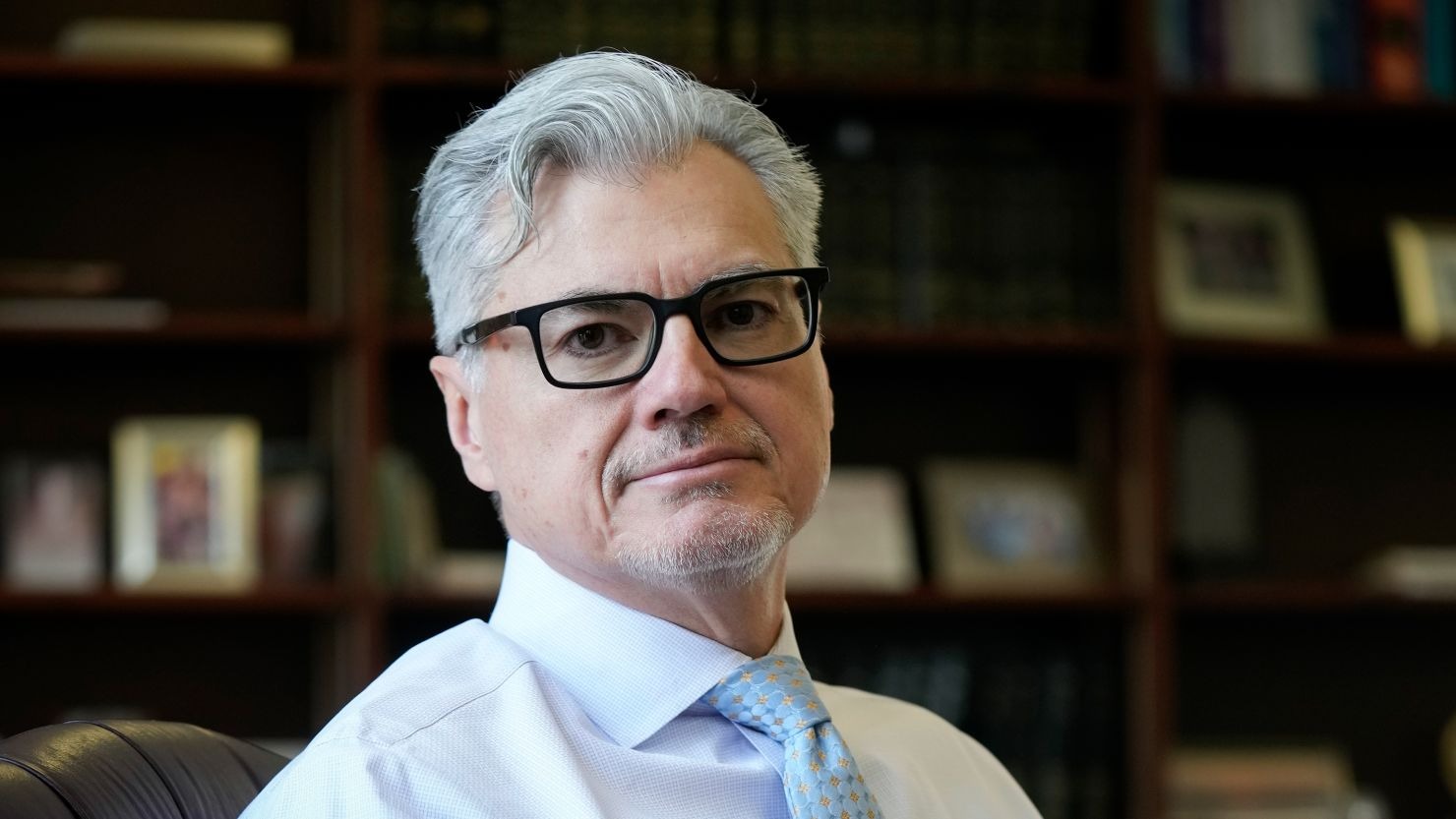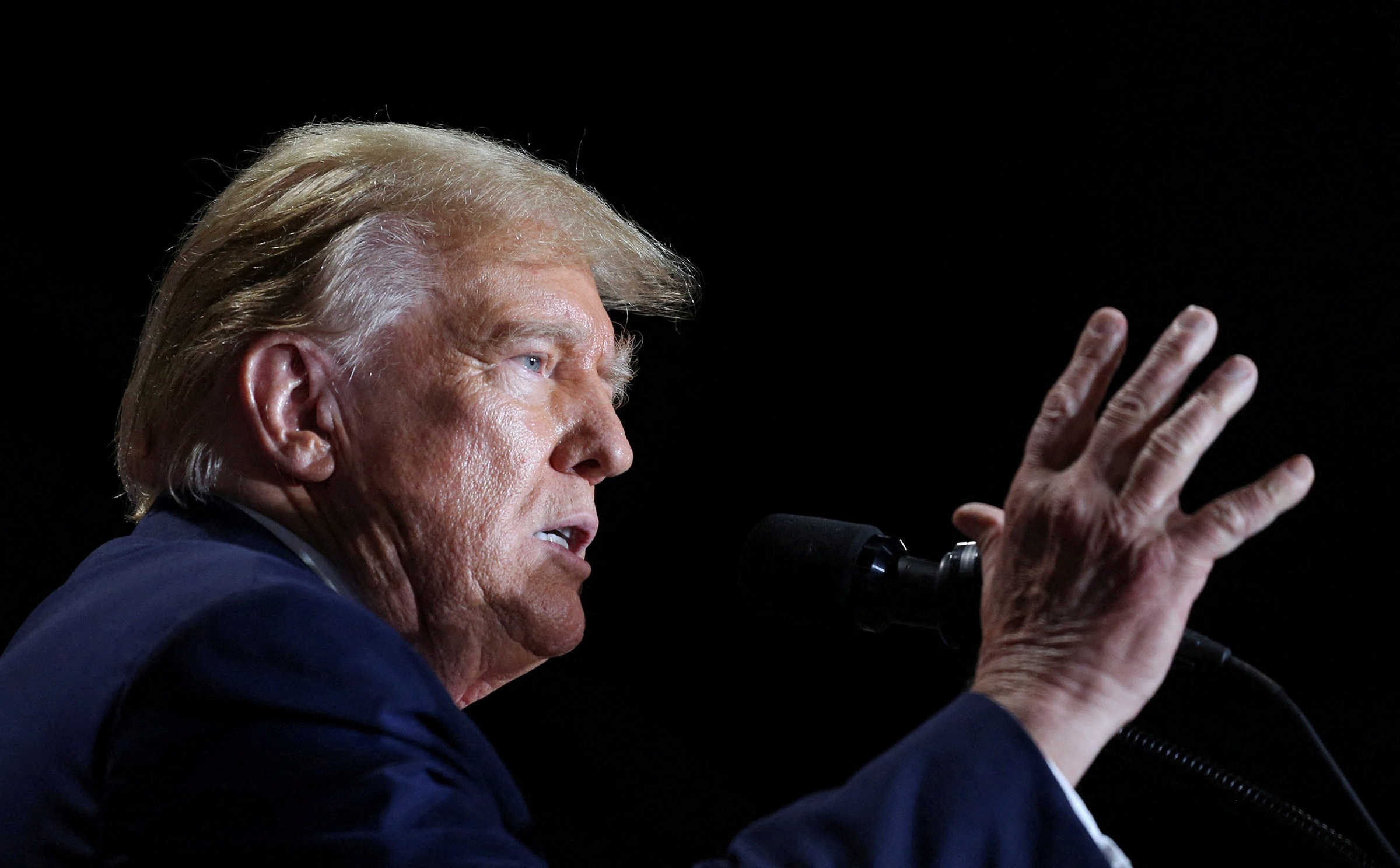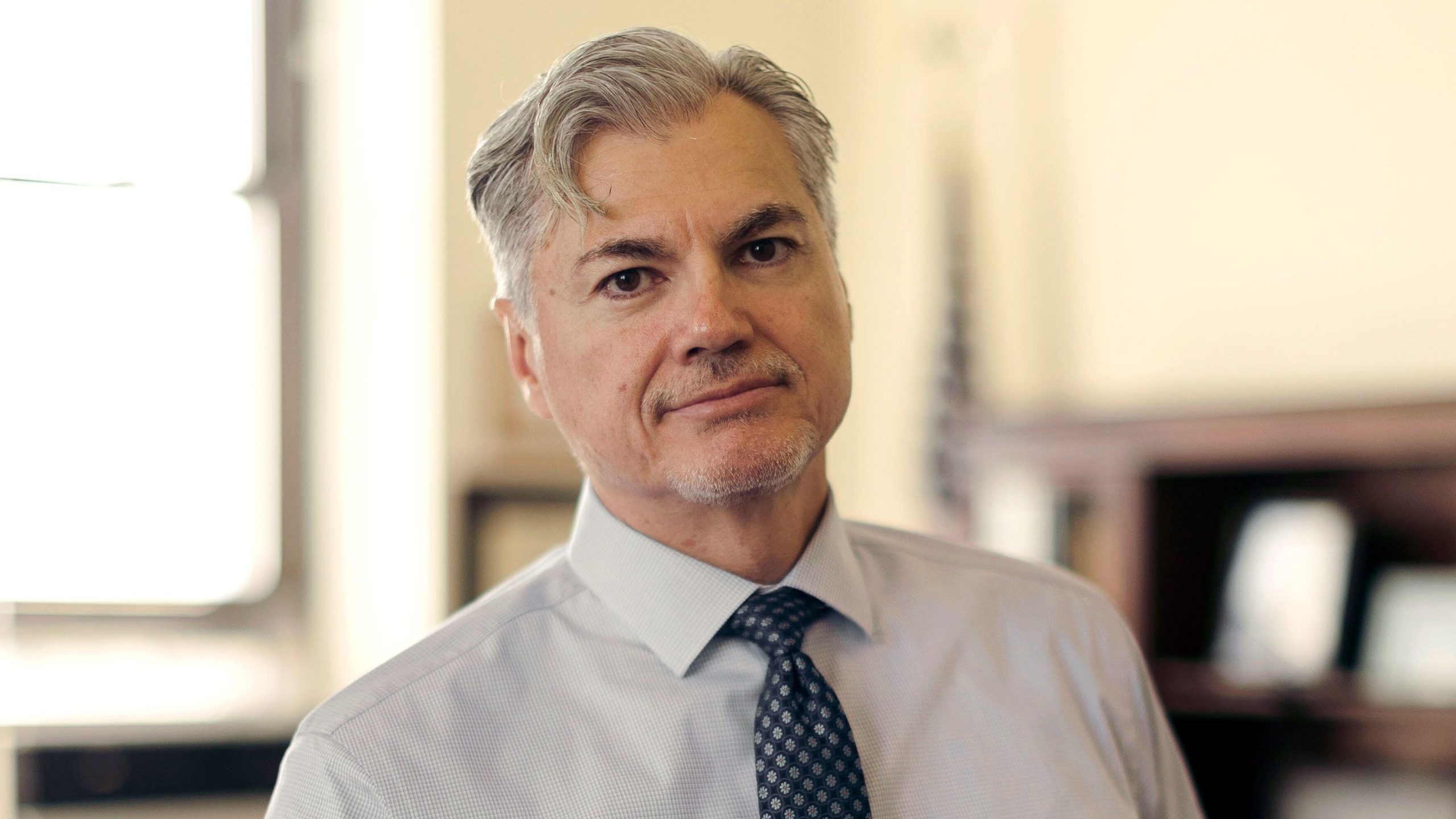In the high-profile trial of former President Donald Trump in New York, important measures are being taken to protect the anonymity and safety of jurors, reflecting the difficulties and sensitivities involved in such a widely publicized case.
Judge Juan Merchan, presiding over the trial concerning a $130,000 hush money payment to adult film star Stormy Daniels, has issued directives aimed at minimizing potential biases and ensuring the jurors’ impartiality.
One juror was dismissed from the trial after being overwhelmed by outside attention and expressing doubts about her ability to remain fair and unbiased. This incident underscored the challenges of maintaining juror anonymity in a case that attracts intense public and media scrutiny.

Judge Merchan (Credits: CNN)
To address these challenges, Judge Merchan ordered the media not to report specific details about potential jurors, such as their workplaces, that could inadvertently lead to their identification.
This instruction places a unique burden on journalists, balancing the public’s right to information with the need to protect the integrity of the judicial process.
Despite the judge’s orders, some media outlets have reported limited details about the jurors, like their general professions and backgrounds, without revealing their identities.
This practice has sparked a debate over the limits of media reporting in court cases and whether more stringent measures are necessary to shield jurors from public exposure and potential harassment.
The situation is further complicated by media personalities who analyze the jury’s composition on platforms like Fox News, where host Jesse Watters speculated about the political biases of certain jurors. Such discussions can amplify tensions and contribute to the politicization of the trial.

Donald J Trump (Credits: Reuters)
The use of anonymous juries is not new and has been implemented in various cases involving terrorism, organized crime, or substantial public interest. These measures are intended to prevent jury tampering and ensure that jurors can deliberate without fear of retribution or harassment.
In the Trump trial, similar to other high-stakes trials, the jurors’ anonymity is crucial for their safety and the trial’s fairness, given the polarized opinions about Trump’s political and personal conduct.
The protective measures in Trump’s trial, including restricted information access and heightened security protocols, demonstrate the judiciary’s efforts to manage the intersecting interests of justice, public knowledge, and individual safety in exceptionally sensitive cases.























